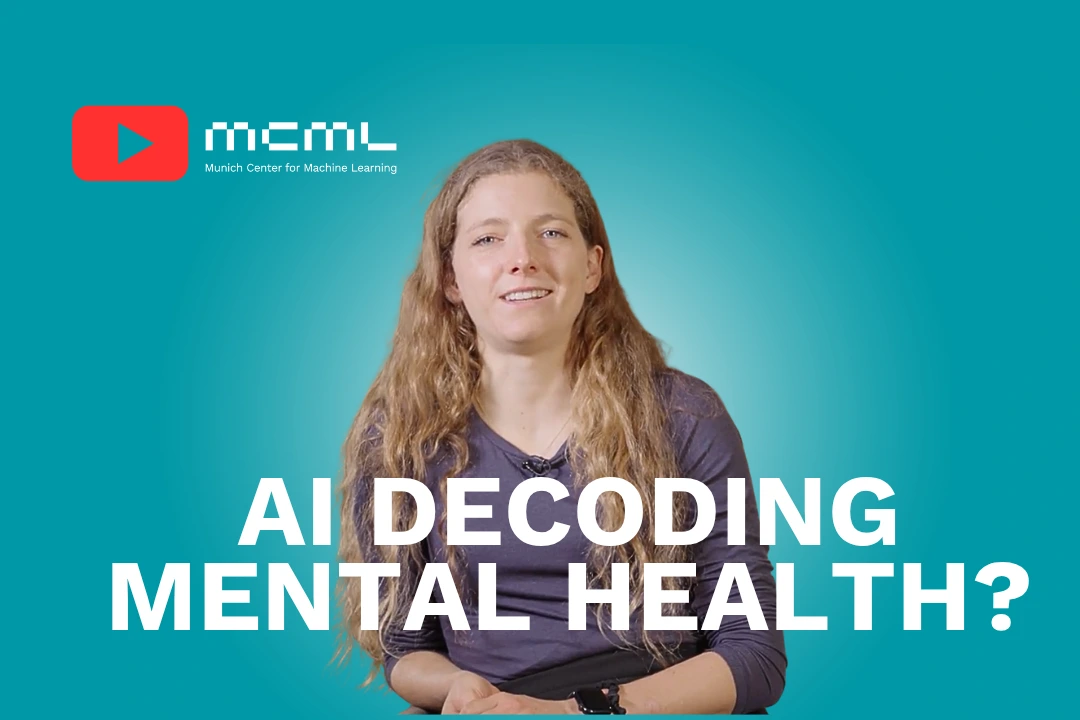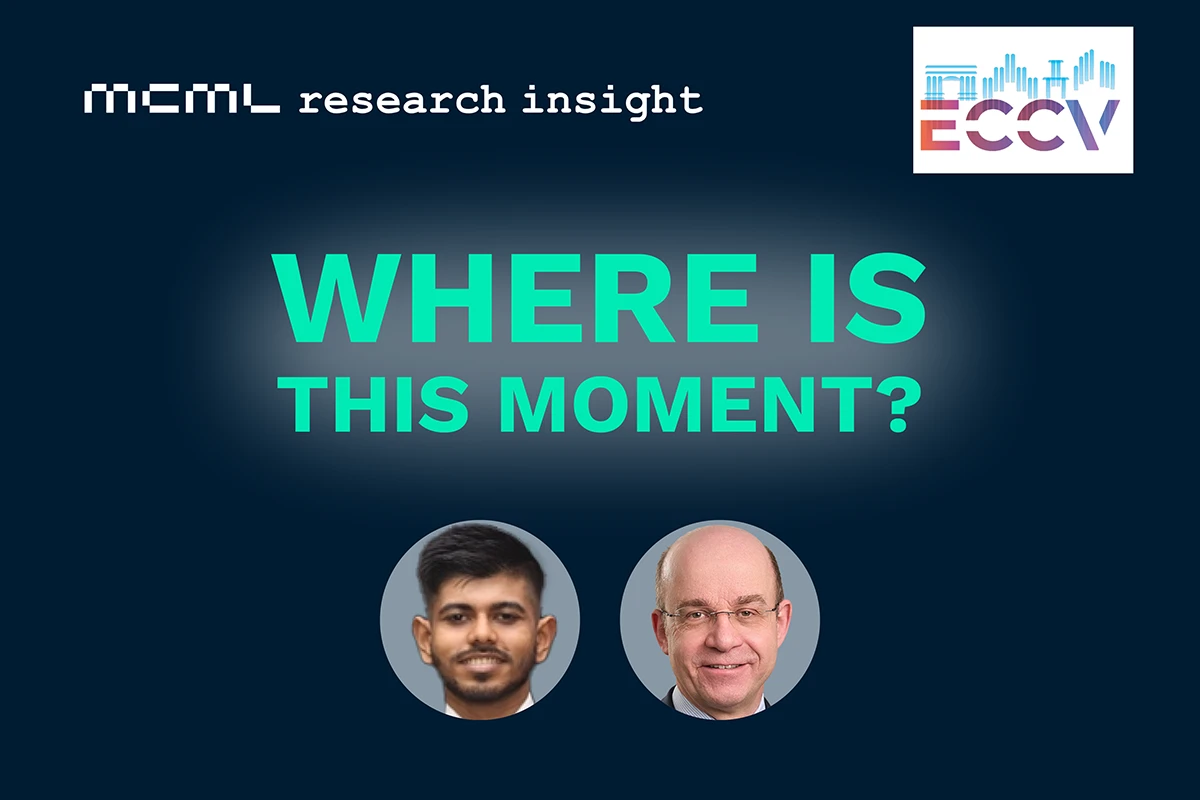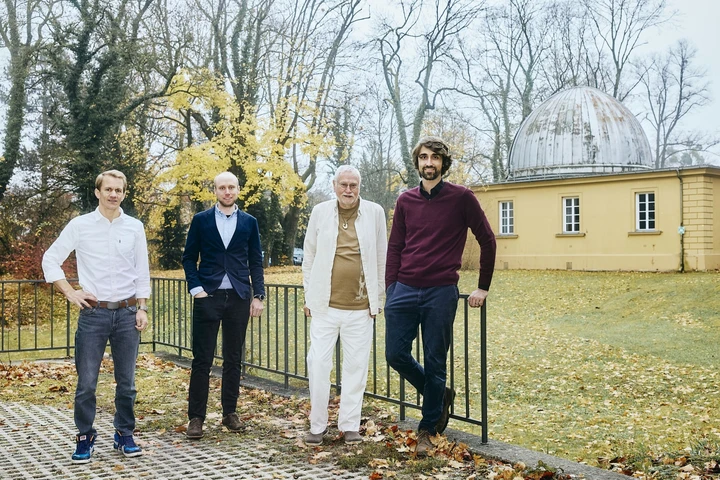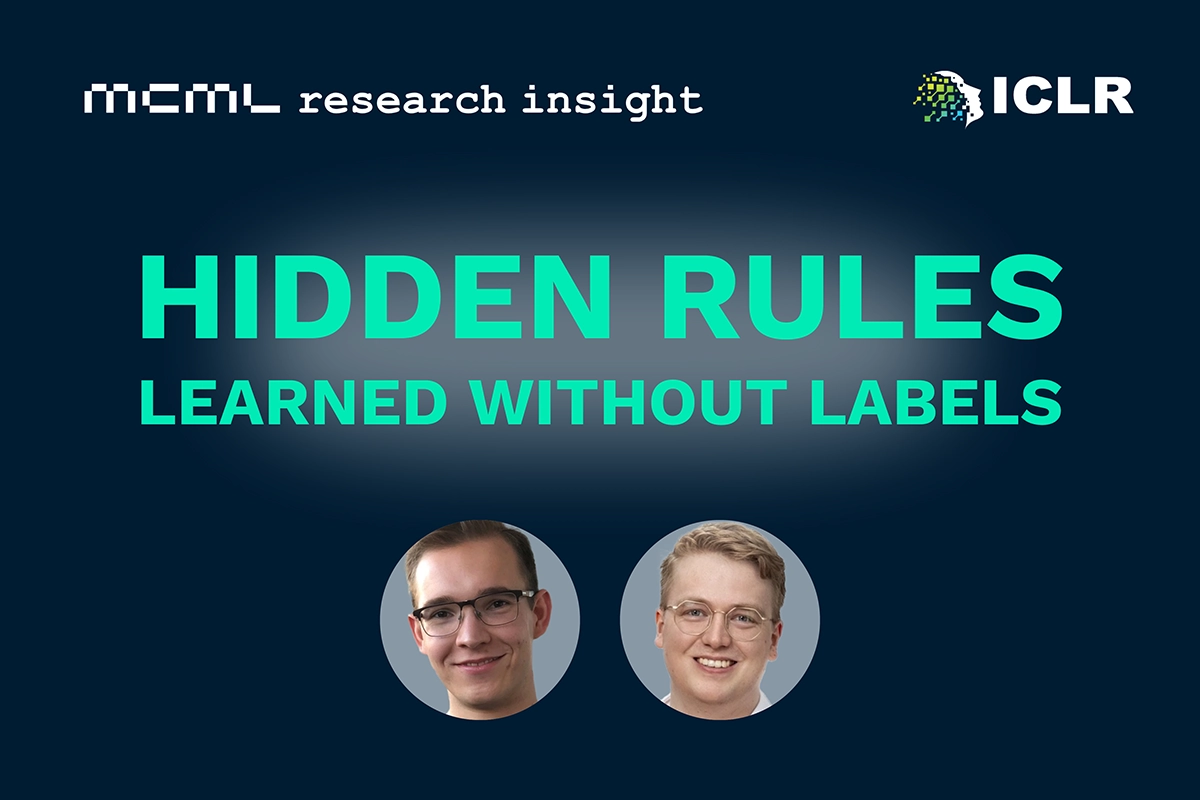01.09.2025

AI for Personalized Psychiatry - With Researcher Clara Vetter
Research Film
Can AI help us understand why some people develop mental disorders while others remain resilient? MCML Junior Member Clara Vetter, PhD candidate in the group of our Director Daniel Rückert, uses machine learning to uncover hidden patterns in brain scans, genetic data, and even smartphone-based information. Her goal: identifying biological markers that could improve diagnosis and treatment in psychiatry.
From predicting treatment responses to detecting early warning signs in mental health, Clara’s work shows how AI can enable more personalized psychiatric care. By integrating diverse data sources and collaborating with clinicians and computer scientists, her research bridges the gap between medicine and technology – giving psychiatrists better tools to make informed decisions.
This video is part of the project KI Trans, an initiative in collaboration with TüftelLab and Uta Hauck-Thum from Ludwig-Maximilians-Universität München, focused on equipping teachers with the essential skills to navigate AI in schools. The project is funded by the Bundesministerium für Forschung, Technologie und Raumfahrt as part of DATIpilot.
©MCML
Related

05.02.2026
Needle in a Haystack: Finding Exact Moments in Long Videos
ECCV 2024 research introduces RGNet, an AI model that finds exact moments in long videos using unified retrieval and grounding.

04.02.2026
Benjamin Busam Leads Design of Bavarian Earth Observation Satellite Network “CuBy”
Benjamin Busam leads the scientific design of the “CuBy” satellite network, delivering AI-ready Earth observation data for Bavaria.

©Florian Generotzky / LMU
30.01.2026
Cracks in the Foundations of Cosmology
Daniel Grün examines cosmological tensions that challenge the Standard Model and may point toward new physics.

